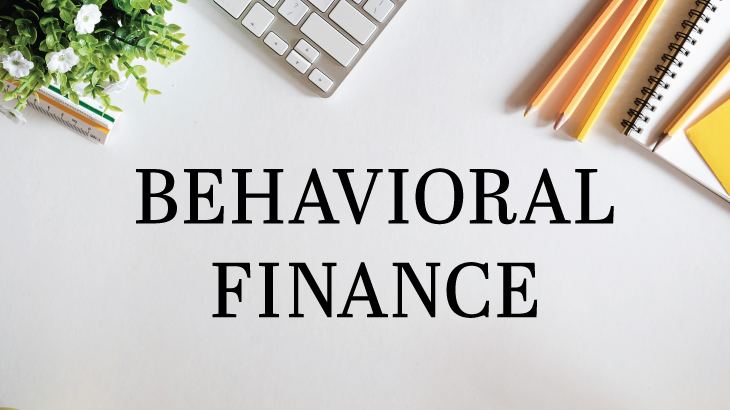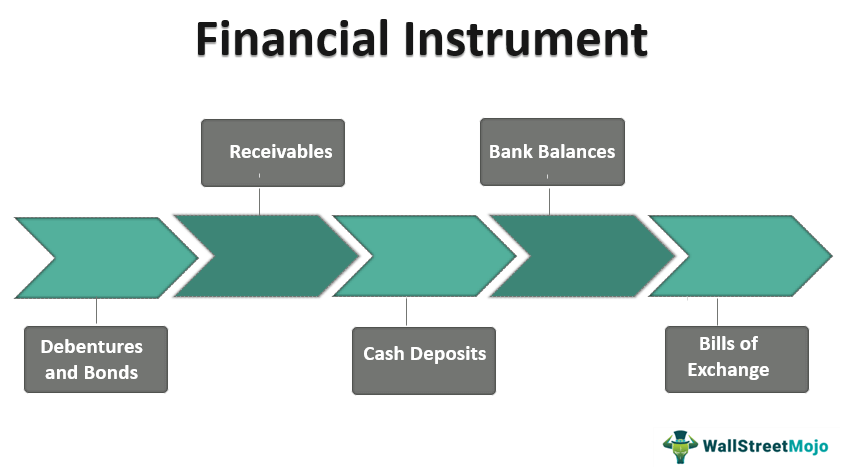Introduction: In an increasingly complex financial world, mastering personal finance and budgeting has become essential for individuals seeking financial stability and success. Effective personal finance management involves understanding your income, expenses, savings goals, and making informed financial decisions. This article aims to provide a comprehensive guide to personal finance and budgeting, offering practical tips and strategies to help you take control of your financial future.
Section 1: Understanding Personal Finance 1.1 Defining Personal Finance
- Explanation of personal finance and its importance in daily life.
- The role of personal finance in achieving financial goals.
1.2 Components of Personal Finance
- Income: Different sources of income and understanding net income.
- Expenses: Categorizing and tracking various types of expenses.
- Savings and Investments: The significance of saving and investing for future goals.
Section 2: Creating a Budget 2.1 Importance of Budgeting
- How budgeting can provide financial clarity and reduce stress.
- The benefits of tracking expenses and income.
2.2 Steps to Create a Budget
- Assessing your financial situation: Calculating total income and expenses.
- Setting financial goals: Short-term and long-term goals.
- Allocating funds: Creating budget categories for necessities, discretionary spending, savings, and investments.
2.3 Budgeting Methods
- Traditional budgeting: Allocating specific amounts for each category.
- Zero-based budgeting: Assigning every dollar a purpose.
- Envelope system: Using cash envelopes for discretionary spending.
Section 3: Managing Expenses Wisely 3.1 Identifying Essential vs. Non-Essential Expenses
- Differentiating between needs and wants.
- Strategies to cut back on non-essential expenses.
3.2 Controlling Spending
- Tips for responsible spending and avoiding impulse purchases.
- Utilizing technology: Budgeting apps and expense tracking tools.
Section 4: Saving and Investing 4.1 Importance of Saving
- Building an emergency fund for unexpected expenses.
- The power of compound interest in long-term savings.
4.2 Introduction to Investing
- Understanding various investment vehicles: stocks, bonds, mutual funds, etc.
- Assessing risk tolerance and investment goals.
Section 5: Debt Management 5.1 Managing and Reducing Debt
- Strategies for tackling high-interest debt.
- Consolidation and refinancing options.
Section 6: Financial Goals and Planning 6.1 Setting Financial Goals
- Short-term and long-term goals: buying a home, funding education, retirement, etc.
- SMART criteria for effective goal-setting.
6.2 Creating a Financial Plan
- Steps to develop a comprehensive financial plan.
- The role of regular reviews and adjustments.
Conclusion: Mastering personal finance and budgeting is an ongoing journey that requires discipline, dedication, and a willingness to learn. By understanding your financial situation, creating a realistic budget, managing expenses, saving, investing, and setting clear financial goals, you can achieve financial security and work toward your dreams. Taking control of your finances empowers you to make informed decisions that positively impact your life both now and in the future. Remember, it’s never too late to start managing your personal finances effectively.



